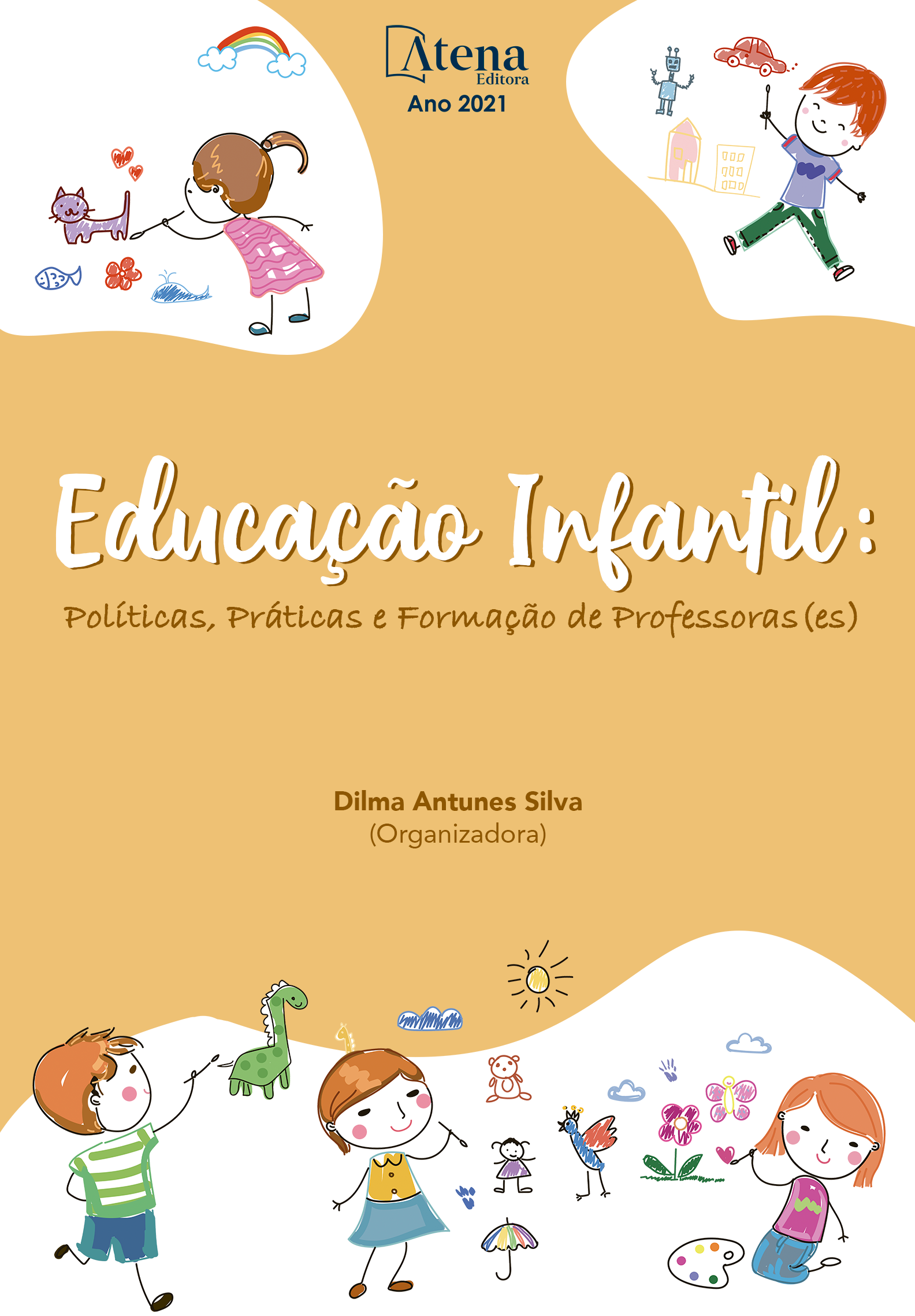
The development of reading competence in early childhood
O presente artigo consiste numa revisão literária crítica sobre os efeitos das intervenções através dos livros de literatura infantil, junto as crianças de dois a três anos de idade, em um centro de educação infantil. Entre os especialistas da área da primeira infância, a compreensão mais generalizada da complementaridade do cuidado e da educação em cada gesto de atenção que se presta a uma criança, que é reconhecida como ser produtor de saberes. A Constituição Federal de 1988 redefiniu os princípios da República e restabeleceu o Estado de Direito. Esse novo quadro político inseriu a criança num contexto de cidadania e definiu novas relações entre ela e o Estado. A criança é um sujeito de direitos. Seus direitos são citados no artigo 227 da Constituição Federal de 1988. A criança é vista em sua integralidade de sua pessoa; seus direitos devem ser garantidos com absoluta prioridade pela família, pela sociedade e pelo Estado; direito à vida, à saúde, à alimentação, à educação, ao lazer, à profissionalização, à cultura, à dignidade, ao respeito, à liberdade e à convivência familiar e comunitária”, e direito de estar a salvo de toda forma de negligência, discriminação, exploração, violência, crueldade e opressão.(Constituição Federal 1988, art. 227, caput). As Diretrizes Curriculares Nacionais para a Educação Infantil (1998) devem promover em suas práticas de educação e cuidados a integração entre os aspectos físicos, emocionais, afetivos, cognitivo/linguísticos e sociais da criança, entendendo que ela é um ser total, completo e indivisível. A escuta de histórias estimula na primeira infância a imaginação, educa, instrui, desenvolve habilidades cognitivas, dinamiza o processo de leitura e escrita, além de ser uma atividade interativa que potencializa a linguagem infantil. A ludicidade com brincadeiras e a contação de histórias no processo de ensino e aprendizagem desenvolvem a responsabilidade e a autoexpressão, assim a criança sente-se estimulada, desenvolvem e constroem seu conhecimento sobre o mundo, de modo prazeroso.
The development of reading competence in early childhood
-
DOI: 10.22533/at.ed.7242110038
-
Palavras-chave: Criança, Literatura Infantil, Imaginação, Prazer.
-
Keywords: Child, Children's Literature, Imagination, Pleasure.
-
Abstract:
This article consists of a critical literary review on the effects of interventions through children's literature books, with children from two to three years old, in an early childhood education center. Among specialists in the field of early childhood, the most widespread understanding of the complementarity of care and education in each gesture of attention paid to a child, who is recognized as a producer of knowledge. The Federal Constitution of 1988 redefined the principles of the Republic and restored the rule of law. This new political framework placed the child in a context of citizenship and defined new relations between him and the State. The child is a subject of rights. Their rights are mentioned in article 227 of the 1988 Federal Constitution. The child is seen in its entirety by its person; their rights must be guaranteed with absolute priority by the family, society and the State; right to life, health, food, education, leisure, professionalization, culture, dignity, respect, freedom and family and community coexistence”, and the right to be safe from all forms of negligence, discrimination, exploitation, violence, cruelty and oppression (Federal Constitution 1988, art. 227, caput). The National Curriculum Guidelines for Early Childhood Education (1998) should promote in their education and care practices the integration between the physical, emotional, affective, cognitive / linguistic and social aspects of the child, understanding that he is a total, complete and indivisible being. Listening to stories stimulates imagination in early childhood, educates, instructs, develops cognitive skills, streamlines the process of reading and writing, in addition to being an interactive activity that enhances children's language. Playfulness with games and storytelling in the teaching and learning process develops responsibility and self-expression, so the child feels stimulated, develops and builds his knowledge about the world, in a pleasant way.
-
Número de páginas: 17
- Carlos Augusto França Ferreira
- FLÁVIA ABUD LUZ
- Mônica Abud Perez de Cerqueira Luz


